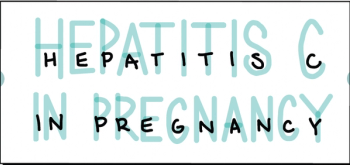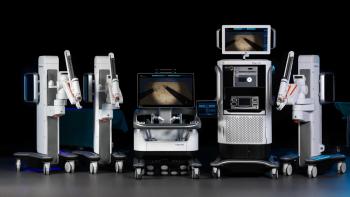
SMFM Consult Series #56: Hepatitis C in pregnancy: updated screening, treatment, and management guidelines.

SMFM Consult Series #56: Hepatitis C in pregnancy: updated screening, treatment, and management guidelines.

One year after the close of the Increasing Access to Contraception (IAC) Learning Community, participants had sustained their efforts in support of at least 1 goal: to improve women’s access to the full range of contraceptive options.

As the 2-year mark since the start of the COVID-19 pandemic creeps in, one can’t help take stock of what the pandemic has shone a light on.

Download a visual summary of SMFM Consult Series #56: Hepatitis C in pregnancy: updated guidelines

Contemporary OB/GYN® Deputy Medical Editor Jon I. Einarsson, MD, PhD, MPH, hosts a panel discussion with fellow minimally invasive gynecologic surgeons (MIGS) on the novel technology of vaginal natural orifice transluminal endoscopic surgery (vNOTES).

“Today, many of these cases are done as open surgery, including approximately 60% of all hysterectomies performed globally, despite the clear benefits of minimally invasive surgery, which includes fewer complications, a shorter hospital stay, and a faster return to normal activities,” Peron told Contemporary OB/GYN®.

The reality is that traditional laparoscopic surgery provides excellent outcomes, great surgical exposure, and the flexibility to tackle almost any clinical situation. As such it is a high bar to overcome—vNOTES is essentially single port vaginal surgery.

Optimization of care represents a priority and requires an understanding of etiology to effectively diagnose and treat.

Contemporary OB/GYN® held a panel discussion in September with 4 renowned minimally invasive gynecologic surgeons (MIGS) who discussed vaginal natural orifice transluminal endoscopic surgery (vNOTES).

One in three women in an Alberta, Canada, survey reported using cannabis to alleviate their symptoms associated with menopause.

New guidelines from the Centers for Disease Control and Prevention (CDC) for the screening of sexually transmitted infections (STIs) offer new ways to ask common questions.

Cardiovascular disease (CVD) remains the leading cause of morbidity for women in the United States. Prior to the update in 2020, published in the Journal of the American College of Cardiology, there had been no formal guidelines from the American College of Cardiology (ACC)/American Heart Association (AHA) specifically addressing CVD in women since 2011.